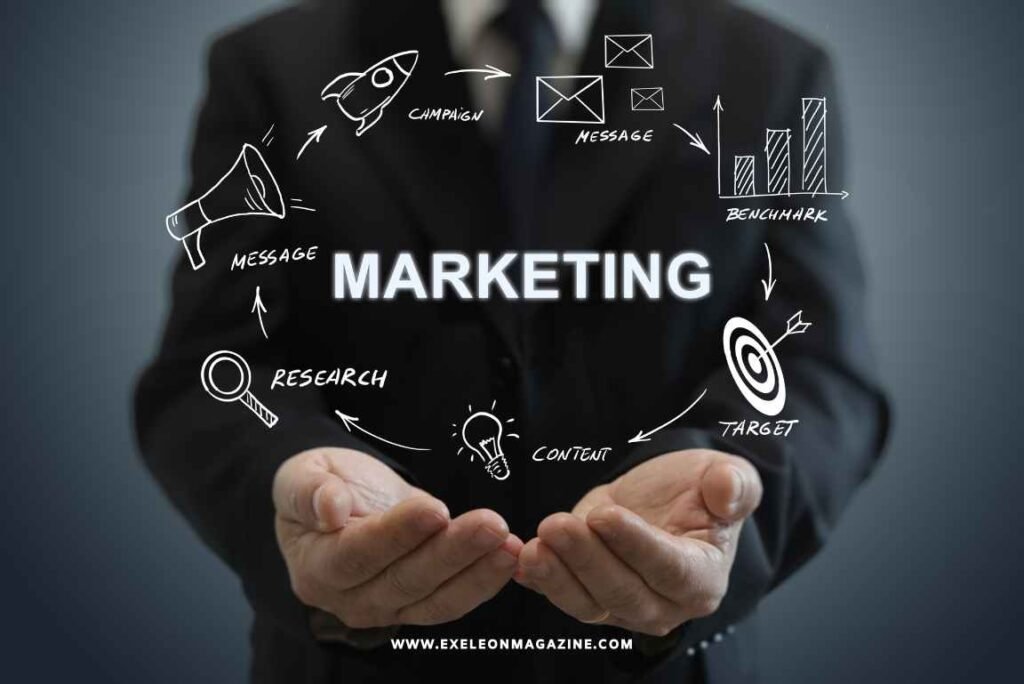Marketing has never been more demanding. The need to produce high-quality content, analyze massive amounts of data, and keep up with constantly changing trends pushes marketing teams to their limits: long hours, tight deadlines, and the pressure to perform lead to widespread burnout.
But in 2025, something is different. AI is no longer a futuristic concept – it’s essential to marketing operations. The best teams aren’t just using AI to speed things up but to create a healthier, more sustainable work environment. By automating repetitive tasks, reducing manual errors, and providing more brilliant insights, AI makes it possible for marketing professionals to focus on high-impact work without feeling overwhelmed.
Here are five ways AI is helping marketing teams avoid burnout and work smarter in 2025.
1. Automating Repetitive Tasks
One of the most significant contributors to burnout? Mind-numbing, repetitive work.
Marketing teams spend countless hours on tasks like:
- Writing product descriptions and social media captions
- Scheduling emails and social posts
- Managing ad budgets and keyword bids
- Collecting and analyzing customer feedback
These tasks need to be done, but they don’t require creative input or strategic thinking. AI-powered automation tools can handle them with speed and accuracy, allowing marketers to focus on high-value work.
For example, AI-driven content generators can create first drafts of blog posts and social media content in seconds. Instead of spending hours crafting posts from scratch, marketers can edit and refine AI-generated content – saving time while still maintaining quality.
The result? Less time wasted on repetitive work, fewer late nights at the office, and more energy for creative and strategic thinking.
2. Enhancing Efficiency with AI-Powered Insights
Data-driven decision-making is critical in marketing, but manually analyzing data is time-consuming and exhausting. AI makes it easier by:
- Identifying patterns in customer behavior
- Predicting campaign performance before launch
- Providing real-time recommendations for optimization
For example, instead of manually analyzing A/B test results, AI can instantly determine which ad creative performs best and automatically adjust budgets accordingly.
Marketing teams that use AI for data analysis cut down on hours of manual work, improve decision-making, and reduce the stress of second-guessing their strategies.
3. Reducing Errors with Smart Tools
Marketing mistakes can be costly – both in terms of budget and reputation. Human error in ad spend allocation, email segmentation, or campaign timing can lead to missed opportunities and wasted resources. One key way to avoid these pitfalls is to identify customer pain points early and tailor campaigns accordingly.
AI-powered tools help reduce errors by:
- Automatically proofreading content for spelling, grammar, and tone inconsistencies
- Detecting anomalies in ad performance to prevent wasted spending
- Ensuring compliance with brand guidelines and industry regulations
For example, an AI-powered email marketing platform can flag potential issues before a campaign is sent – such as broken links, missing personalization, or poor segmentation. This prevents costly errors, saves time, and reduces the frustration of fixing mistakes after the fact.
By eliminating avoidable errors, AI is helping marketing teams work with greater confidence and less stress.
4. Supporting Employee Well-Being
Burnout isn’t just about heavy workloads – it’s also about lack of balance, frustration, and stress. AI plays a direct role in improving employee well-being by:
- Reducing time pressure with automation
- Encouraging smarter workflows through predictive insights
- Eliminating frustration caused by repetitive and manual tasks
With AI handling tedious tasks, marketers can focus on the work that excites them, such as storytelling, strategy, and innovation. AI also allows for better work-life balance by preventing excessive overtime and ensuring campaigns run smoothly without constant manual oversight.
Instead of feeling drained and overworked, marketing teams using AI feel more empowered, creative, and in control.
5. AI is No Longer Optional for Marketing Teams
Marketing teams that embrace AI aren’t just more productive – they’re also happier and healthier. AI is shifting marketing from a high-stress, high-burnout industry to one where teams can focus on what they do best without being bogged down by manual labor.
For agency owners and marketing leaders, investing in AI isn’t just about efficiency– it’s about protecting their teams from burnout and improving overall workplace satisfaction.
If you still rely on outdated, manual processes, now is the time to explore how AI is helping marketing teams. The future of marketing isn’t just about working faster – it’s about working smarter, with less stress and more impact.










